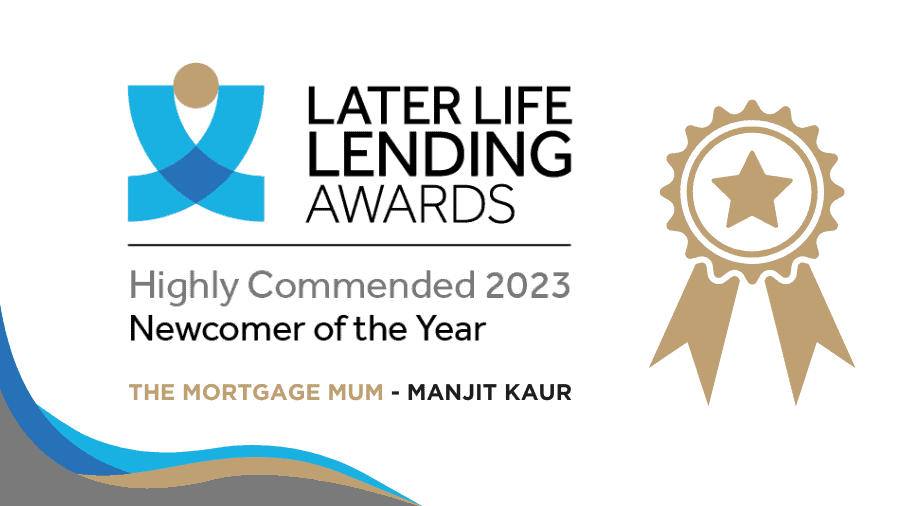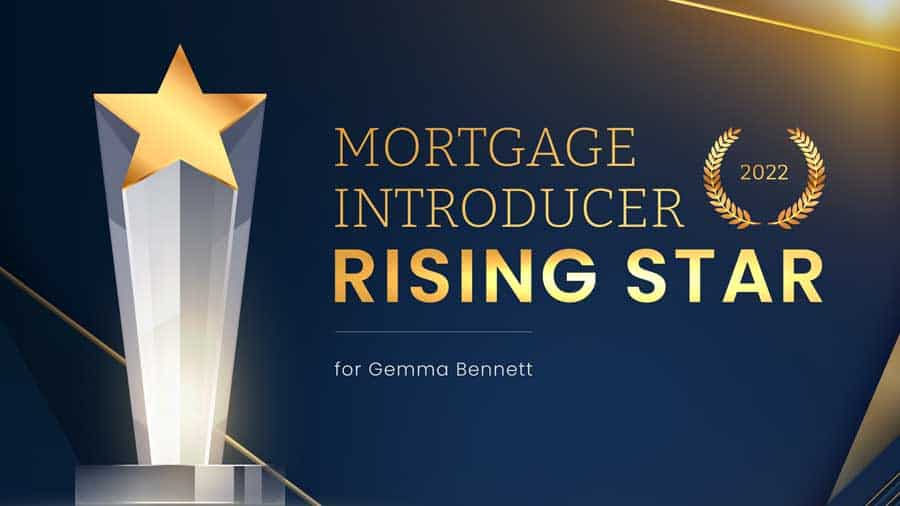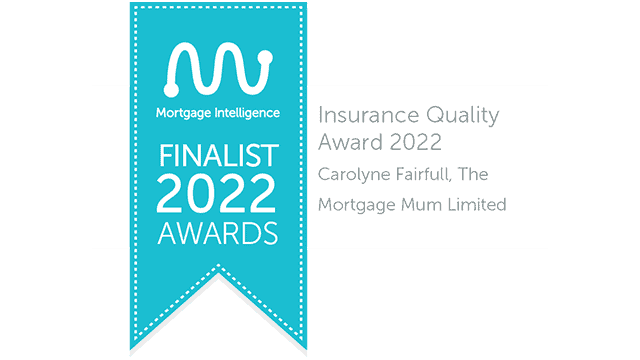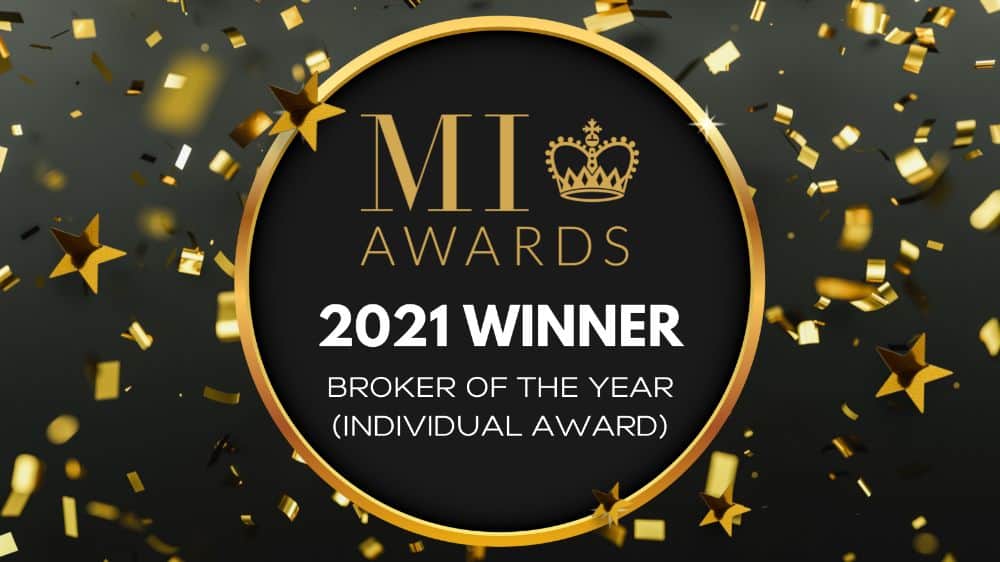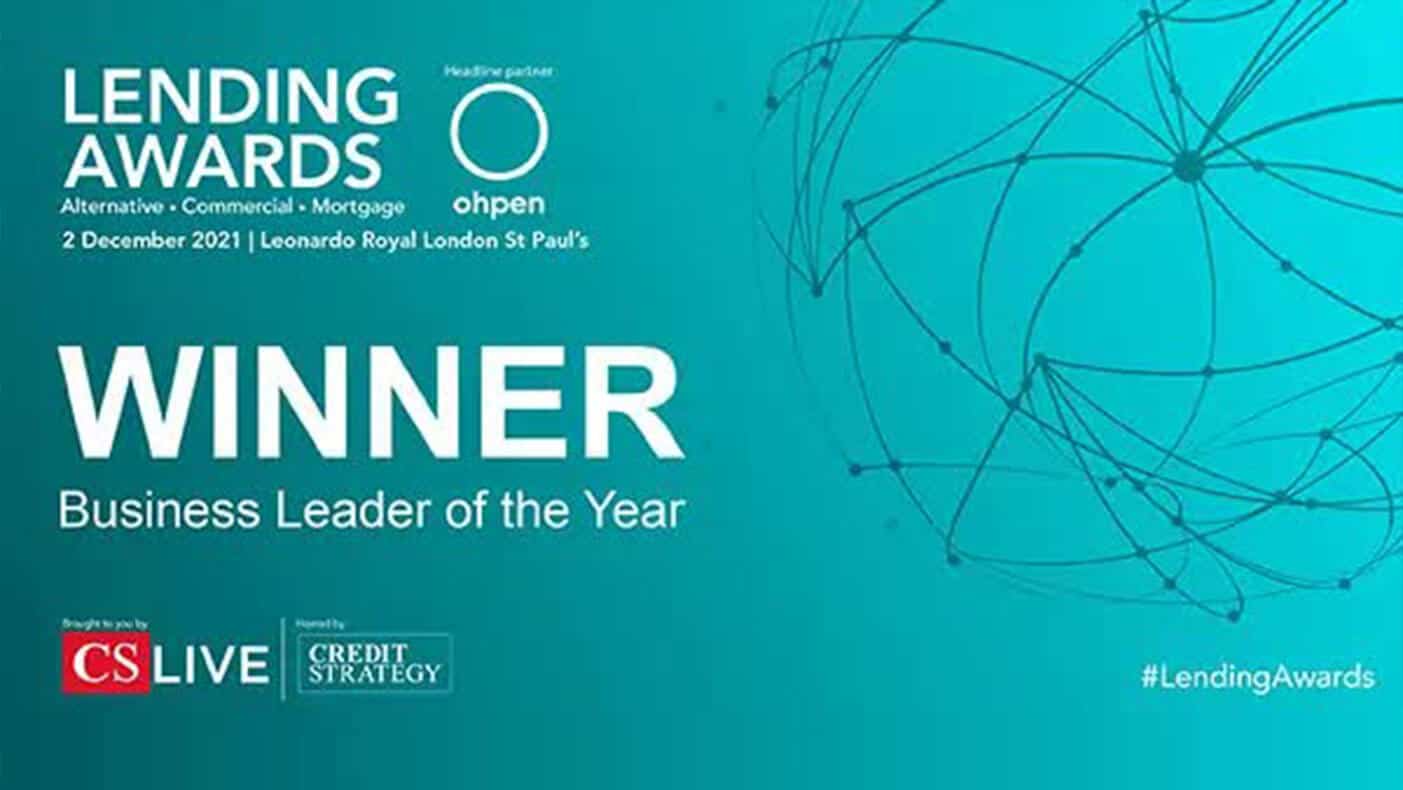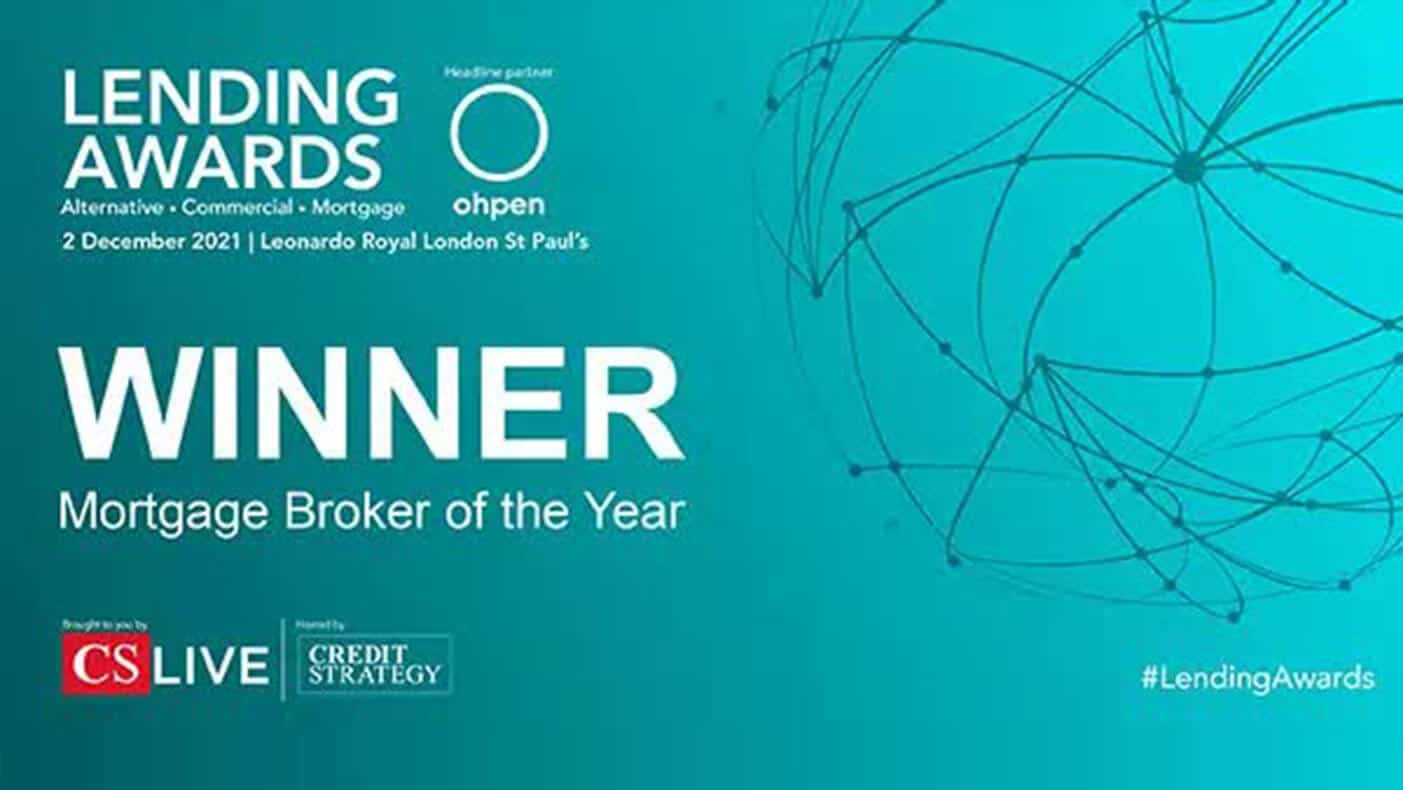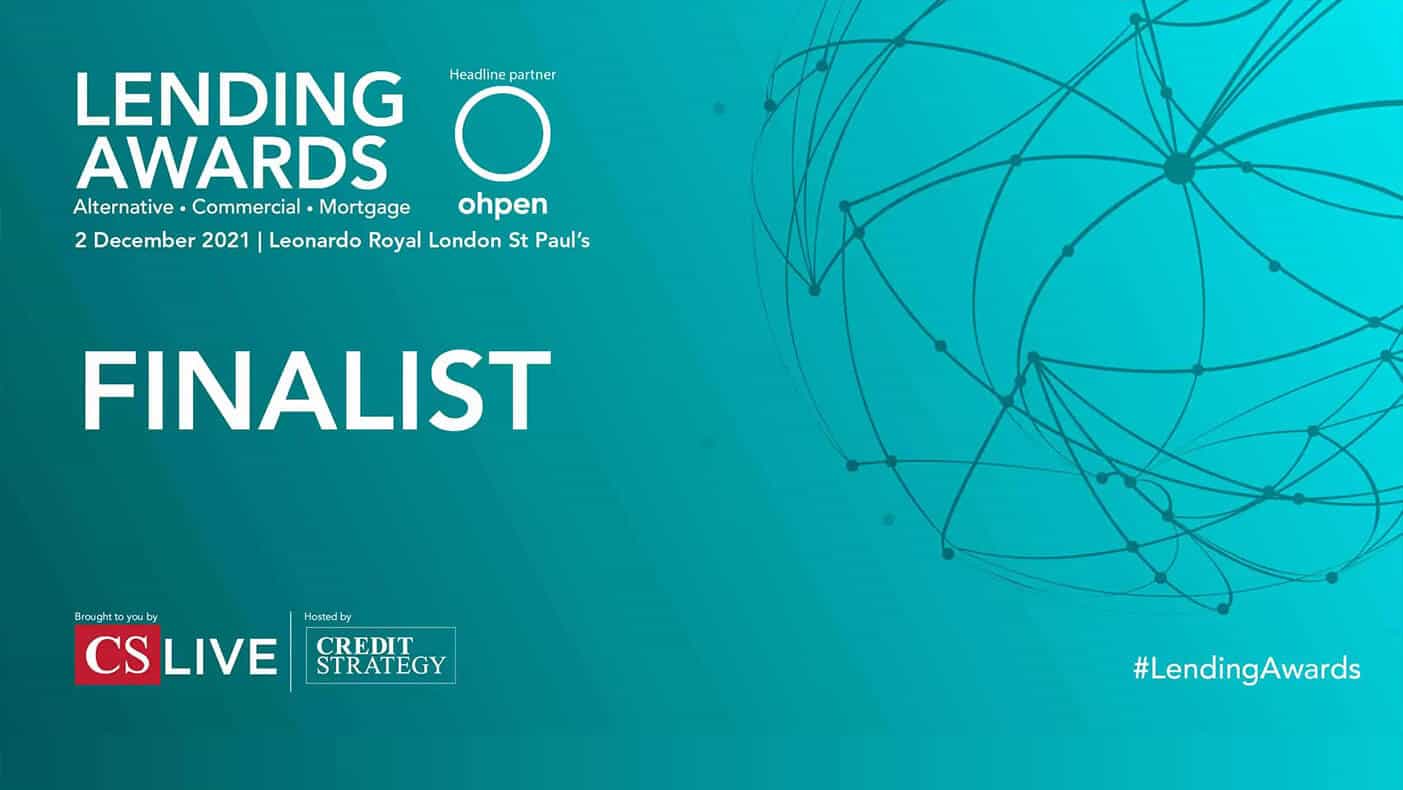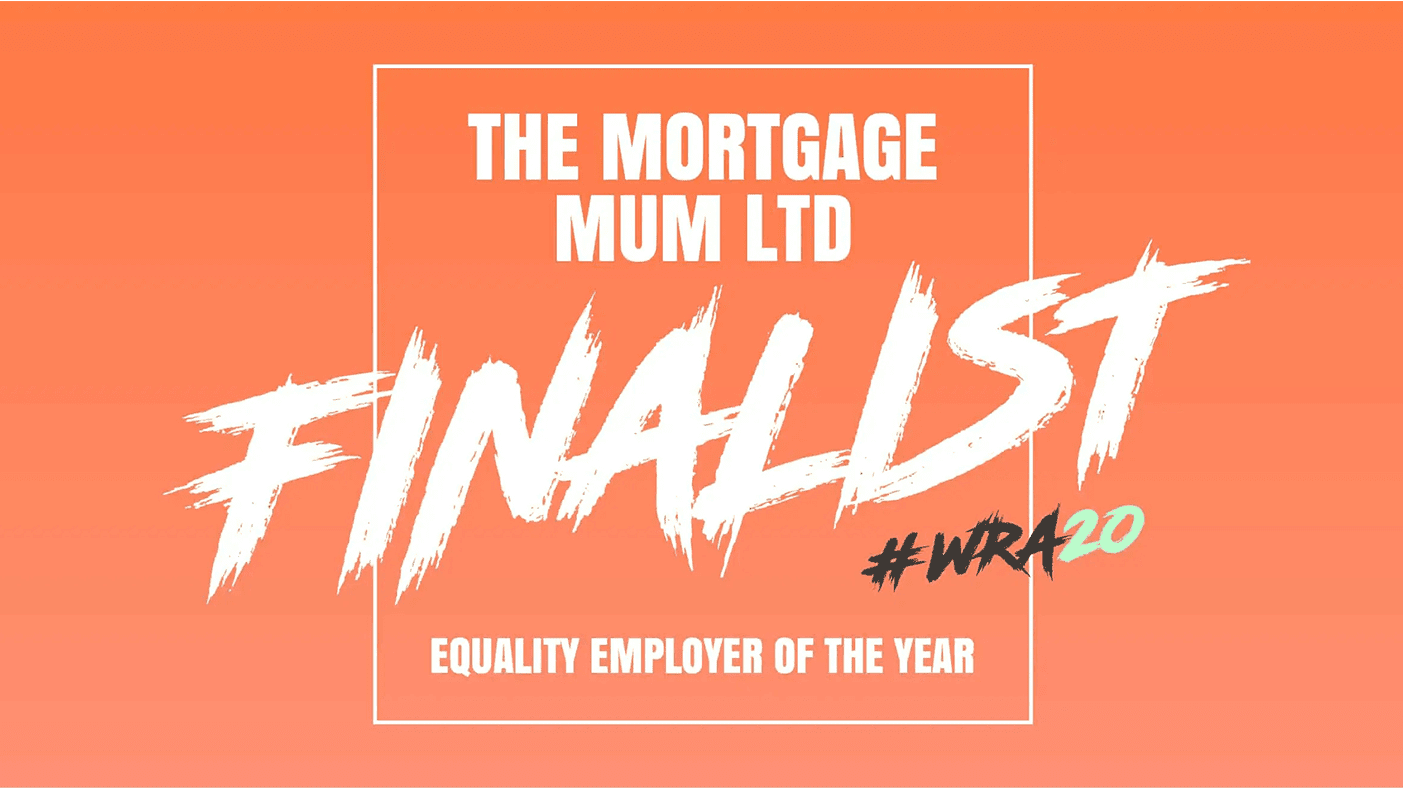Blue Tree Savings as a company is on a mission to help as many parents as possible teach their kids to be great with money – something very important to all parents out there.
After years of providing investment advice to governments and insurance companies, and some of the world’s largest pension schemes, Will founded Blue Tree Savings. He didn’t just find Blue Tree Savings, he actually decided to change his and his family’s life, and they moved to Hong Kong and then to Vietnam, and they have created for themselves the most wonderful life with their two children and are just an inspiration to how you can break the mould and do things your own way and how, when you have a clear purpose and a clear mission, your life can unfold in a quite remarkable way.
Even if you’re not a parent, to just think differently about those things that you’re chasing and the money that we’re all kind of working towards and our money behaviours, which we’ve touched on in other episodes in the past.
We hope you get lots from this interview, we certainly had more than one light bulb moment.
Can you tell us a little bit about where you are?
I’m actually in Vietnam, central Vietnam in a lovely place called Hội An, near Da Nang. We’ve been here for just about 18 months now. So I’m from the UK originally, but then we moved to Hong Kong in 2014 due to a job transfer and we travelled around Asia at weekends and for holidays and fell in love with this place and it felt right. So we moved for a bit of an adventure while the kids are still young.
What was the niggle that made you want to go abroad and do something completely different?
What really drove me was I had a really nice job, I had great friends, family, we just had a two year old child at the time. I could almost see myself doing the same thing for the next 30 years. It was more of let’s just do something a bit different. And as the job came up with my company to take on this role in Hong Kong, that was the big driver.
But then from going from Hong Kong to Vietnam, it was all about a conversation I had with someone a few years ago about my daughters and who is really passionate. So they just said, oh, enjoy this time with them. They only grow up once and it was such an obvious thing, but it just had a big impact on me. And I said to my wife that they have grown up so fast. Why don’t we sort of take some time off from our full-time jobs and do those sort of places that we enjoy so much, which is where we are today. I really enjoyed my corporate job in Hong Kong and in the UK, but seeing as you only see them growing up once, it’s great to do something quite different.
And when did you set up Blue Tree Savings then – was that as part of this?
Yes. So whilst we’re here, my kids are in an international school, so they’re still going to be in school most of the time. I want to have a project, I didn’t really know what it was to be, but what happened was when I told people we were moving to Vietnam I was working in financial services, and lots of people kept saying to me, how can you afford to do that? How can you afford to leave your job and still do this kind of thing that you want to do? And it really struck me at that point, how fortunate it was that my wife and I both were savers and my background helped invest our money so that we do have a nice income every month, even though we’re not working. And it just seems that we’re actually in the minority of people who actually do that and that’s why I started Blue Tree to focus on helping parents teach their kids about money.
So hopefully my kids and then also other kids can grow up and have this kind of opportunity to do what they want when they’re older and have potentially more time with their families etc. So just kind of sharing my experiences and that’s why I started doing Blue Tree.
So, Blue Tree obviously started, how did it begin? What did it look like at first?
So initially it started when I was in bed. I’ve been investing some money for my kids since they have been very young and when they become adults, they’ve got a bit of money to supply that first car or put a deposit on a house or something like that. And so I initially started investing, but as I was not in the UK at the time, I said, well, how do I do this? Am I going to sell, I’ve got an investment account in my name and I’ll just share that investment account with them. So I had a little spreadsheet that said every time they put some money away or every month when we sold their amount, we’ll just give them a little share of our investment account.
But then instead of saying to them, you have this amount of money because money is kind of arbitrary, especially to young kids I said to them, okay, think of this money as kind of seeds and over time as we are investing, those seeds are going to grow.
That’s what happens when you invest over time. So every time that they put a little bit of money away they’re like, how many trees do we have now? And I just kept doing that.They were just talking this language and “planting some more trees”. And because I had to create a website and it was in blue, it coordinated Blue Trees. So that’s how it initially started.
It started off by being more about trying to get parents to invest. But then the more I started to focus on this. I just kind of learned that actually investing is quite far down the line. Actually, there’s so many more basics that parents and children need to kind of learn in terms of habits and just learning to not spend all your money is perhaps the key skill that we need to try and get as many parents and children to do as possible. Because if you can’t save any money, you’re not going to be able to invest. So that’s why I put it right now, let me try and focus on using that tree analogy, which I was using for investments, my kids too. And so I started to write blogs about different topics and it just expanded from there. I have just been pretty much writing a blog every week using different stories or tips and doing lots of research in this area to see if I can help as many parents as possible in a kind of engaging way. Instead of lecturing, it’s using stories and analogies to make it simple for parents and fun for kids.
You’re doing a course about how to teach kids about money and it’s an online course. Can you tell us a little bit about that?
It’s essentially trying to condense different blogs. I’ve now written a blog a week over a year and a half now. So it’s quite a collection. What I’ve been trying to do is so how can I get this content out to as many parents as possible in different formats? Because some people like reading all the blogs and some people like to watch videos. So I put together videos which cover the core lessons that parents should be helping their children learn. So the first one is all about helping your kids form really good habits from a young age. And to the point that you just raised with Catherine Morgan, that kids do learn a lot of that money behaviors by the age of seven, which blew my mind when I first heard it as well.
So the first video goes through why, what habits should kids be learning from that young age and making sure they don’t spend all of their money every time they receive it, but save a little bit, it’s all about getting that proportionate. Then the next bit is a really interesting topic, which is being rich versus being wealthy. Most people, most adults, don’t really know the difference between being rich and being wealthy. That’s the kind of Instagram generation that our children are kind of growing up in too. They’ll see lots of people spending the money, but then you’ve got the wealthy who are looking after their money and using that money to provide another income. Essentially the wealthy have freedom in their life because they’ve got that well kind of built up and that’s such an important topic because it just changes your mindset.
The third video is about how to teach kids about the stock market, because I believe it’s a fantastic tool to help people grow their money, but everyone is so scared of it. And we’re just not talking about it as cool as that. Then the last couple are about how to make sure you don’t lose your winnings, like teaching kids about gambling debts and scams and the last video is about pensions, mortgages, topic and tax, and trying to do it in a really smooth way using stories and analogies. It’s more how’d you teach your children this in an engaging way.
So for example, for tax, I don’t just talk about tax. We talk about the money birds. So as you go to work, you own these seeds. So it’s like I use the analogy with my kids that every now and then these money birds will come and take some of your seeds. As they get older, they’ll kind of work out the meaning. And that’s what I really hope my blogs and this course help parents to teach them to their kids.
Speak to an expert
We will work at times that suit you and your family, carrying out appointments via video call, telephone or email, giving you the benefit of first class service, around your own schedule, and in the comfort of your own home. So let us handle your mortgage today and find out how well we can look after you, The Mortgage Mum way!
You use analogies that involve McDonald’s and Lego. So I would love to know how on earth have you turned the stock market into McDonald’s and Lego? Can you tell us a little bit more about that?
Sure. I’ve been investing with my kids since they were very young. And what we do is we don’t just invest in one company. We invest in thousands of companies and we do this…
We give our money to essentially an investment company who puts it into what’s called an investment fund, which means our money gets invested in its companies. A couple of years ago, we’re actually sitting in McDonald’s and I was sitting there and I was eating my burger. They had that happy meal, and I just said, right, you see all those people who are queuing to buy their burgers and their happy meals, some of that money that they’re spending is actually going to go to you. And that some of that is your money because we own a piece of McDonalds because as we invest in lots of companies, one of those companies is McDonalds, and they got it straight away and they got really excited.
Some of that money is ours, and it’s not just this restaurant – it’s McDonald’s all around the world. Everyone gives a bit of money. That little bit of that money is yours. And then we walked out there, we’re in the shopping mall in Hong Kong and now it’s the Apple store. And I was like, you see all these people buying their iPhones and iPads, some of that money is yours. You invest. And it just got them to straight away understand that investing is owning a company and just this different buzz for itself, from the way they’re asking questions. And it’s just a simple piece that when we have money, if we want money to grow, we have to kind of follow the money. So we earn money. And then we say, once we spend that money, where does that money go?
That money goes to those companies, so when we spend, those companies get richer. And the people who own those companies are also going to get a bit richer and therefore that’s teaching them about the stock market. I’m trying to use real life examples to make investing seem real. And at the time later on, we had the COVID virus and people stopped going to McDonald’s and the stock market crashed and it just helped me kind of continue that story. So we said, well, less people are going out and buying their burgers and therefore the stock market has gone down, but don’t worry, once the virus is in control, people will go out and start buying their burgers and they’ll open up new restaurants and create new burgers, which means McDonald’s will start making more money again. And the stock market will go up and luckily that’s exactly what’s happened as we’ve gone down and out.
I also use the seeds and the trees, I say, sometimes when we’re investing, we’re planting a seed and it’s going to grow, but there are these stones, which is kind of the stock market falling, but we know that in a storm, a tree may lose a few branches or it might get a bit broken, but trees grow back bigger and stronger. And that’s exactly the same with investing. You have to ride out the storms, but your tree will continue growing over the long term.
And they really understand that. They don’t know about dividends and profit etc, but they know that broad understanding of investing and they’re not scared of investing as well.
So it’s really so important I think that you’re teaching them those life lessons as well, because I think it’s all linked. Isn’t it?
Yeah, a hundred percent. And I think the more that people can see that money is a tool and it’s ultimately what you choose to do with your life that makes you happy or not. It’s not the money. Money is there to just aid those decisions, but that money doesn’t make those decisions for you. That’s the key.
I know you’re all about the children and, and teaching parents to teach their kids. But what about the parents that need to teach themselves? Do you think that that can be done later in life?
A hundred percent. It can be, and it’s just a habit and it’s your behaviour. I always link money with your physical health as well. It’s when people try to save or change their habits, most adults do go from one extreme to the other. So it’s a bit like right, come new year’s day, I’m not going to eat any chocolate. I’m going to eat just salad, gym several times a week because I want to make a massive change. And we know that it’s just not sustainable. I think some people do that with their money as well, but they get themselves into a point where they want to change, then they try to change, but they probably try and change too radically. And then they say, right, I’m not going to spend any money this month. We’re going to eat at home where it’s going to be baked beans.
It’s just too radical. With habits and behaviours and that’s a hundred percent what most money problems are down to, behaviours, is trying to do it in small stages and say, well, I’m going to just spend a little bit less. And then the following month, I’m going to spend a little bit less on that. So it might be that instead of three takeaways a week, I’m only going to have two takeaways, and it’s just trying to change your lifestyle a little bit at a time. So that it’s sustainable.
Hopefully through my books and this podcast episode over time, parents and adults can prioritise. I’ve always looked forward to buying more freedom, being able to retire earlier, saving up so I can go on a fantastic experience, doing something where you take a couple of months off work in the future – and all these things are generally achievable, but they need patience.
I think the biggest thing with money is having patience, making small changes and waiting for them to play out. And as we know in today’s world, just being patient is so hard because you’ve got all these companies spending millions, they know our weaknesses, they know us better than we know ourselves, especially the social media companies. They know how to make us spend our money. They think that we need to be able to realise what they’re doing and take small steps to be a bit more patient, a little bit, and then over time saying, right, it might not make a big difference now, but in five, 10 years, that could be a massive difference.
And we relate that to every part of our lives. So it’s retraining our minds a little bit, isn’t it? To be patient, making small steps towards something greater.
Yes. So when people ask, what’s the things I should do first? There’s so many different topics when it comes to money and it’s kind of two areas, there’s the knowledge part, which is all the stock market, mortgages, tax etc. They’re all super, super important. But, I say to all parents to teach your kids to save just that little bit of money. Every time they get some money, allow them to spend 90% of it. So they get £10 and spend £9 of it. Get them to save that £1 as a habit.
It just needs to be a little bit because as adults we get these savings but “you only live once” or “it’s boring saving”. And I agree, but that’s why it doesn’t have to be saving or spending. It can be monthly spending, but just make sure you haven’t missed a bit of saving.
In the seventies, they individually put children in a room with one marshmallow and said to them, if you can stay in this room for 15 minutes and not eat that marshmallow you’ll get two marshmallows. And then what they did is observe the children and it’s fascinating because essentially it just shows that those children who can delay that gratification, be patient, grew up to be more robust in not just money. There’s some really great videos on YouTube on this.
That’s one thing that people think is just a characteristic trait, but you can actually teach your kids to be patient. I really do recommend that all parents teach their kids to be patient. And again, the trick is to keep it small. If the kids have a chocolate bar let them eat most of it, but encourage them to keep a little bit for tomorrow, or the day after. When they go back to the fridge that next day, the amount of happiness they’ll have just for that little bit! If the parents can add in a little extra treat, they get rewarded.
It’s almost like interest, isn’t it, the extra little treat…
So the more that children see that there’s a benefit from being patient the more likely they’re going to become more patient as they grow up. But if more parents can just do those two things, they’re going to grow up financially healthy. If you go by some of the studies, there’ll be wealthier than a 90% of people out there given that if you look at in the UK, about 65% of adults are in debt. So that means 65% of adults are not saving at all. In fact, that they’re spending more than they earn so straightaway kids can be ahead of those.
And I got it wrong. I absolutely thought it was just to make it super fun. So make it a colorful jar, something fun, but it’s actually the opposite, isn’t it?
It’s not for all people, but in terms of most of the studies that have been done in this area, and that is trying to distract, think of other things that will take their mind off what they want to buy. So in the example, “I’m saving up for a toy” showing it with a big chart and showing what the toy is and how close they are – the more they think about it, the more they want it NOW. Once they can buy it, a kind of explosion of happiness happens. And that’s exactly what you want.

























